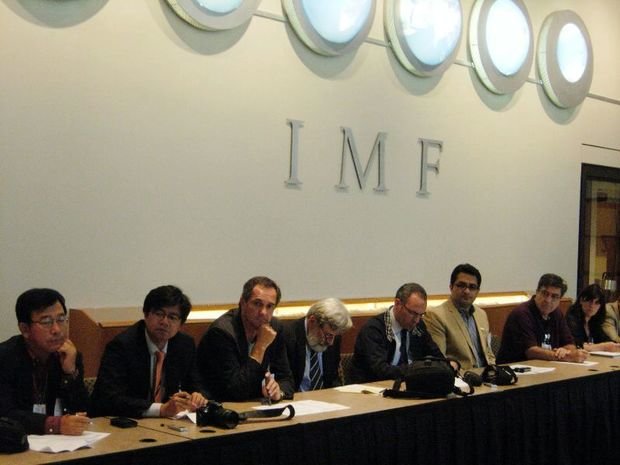High energy prices pose threat to global economic growth
The current recovery in energy prices, which is highly favourable for Russia and other resource-dependent economies, is threatening global economic development, warn international organisations. Last week, three of them revised oil demand and economic growth forecasts for 2018 and 2019.
The International Energy Agency (IEA) joined the International Monetary Fund (IMF) and OPEC in their concerns about mounting challenges to economic and oil demand growth, reports Oilprice.com. On 12 October, the IEA published its Oil Market Report warning that ''expensive energy is back, with oil, gas and coal trading at multi-year highs, and it poses a threat to economic growth''.
''Both global oil demand and supply are now close to new, historically significant peaks at 100 million bpd and neither show signs of ceasing to grow any time soon,'' reads the report adding that the oil market is adequately supplied for now. At the same time, oil prices are rising steadily. Brent crude oil is currently trading above $80/bbl, while at the beginning of October, Brent prices reached four-year highs above $85/bbl.
According to the report, emerging economies have to deal not only with higher energy prices but also with depreciation of their currencies against the US dollar, which increases the threat of economic growth slowing down. Amid a weaker economic outlook, trade concerns, higher oil prices and other challenges, the IEA has downgraded oil demand growth forecast for 2018 and 2019 to 1,3 million bpd and 1,4 million bpd respectively. The reduction amounts to 110,000 bpd for both years.

Earlier last week, OPEC announced new oil demand growth estimates for 2018 and 2019 citing potential headwinds to global economic growth ranging from trade disputes to weakening finances in emerging markets and geopolitical challenges. The cartel revised down its global oil demand growth to 1,54 million bpd in 2017, which is by 80,000 bpd lower compared to last month's report. As for 2018, OPEC sees global oil demand growth at 1,36 million bpd, also down from last month's assessment. The cartel's third downward revision in three months reflects expectations for lower economic growth for Turkey, Brazil and Argentina.
The IMF also published a revised outlook last week, downgrading its projection for global growth in the short term. The fund expects global growth to remain steady at its 2017 level and amount to 3,7% in both 2018 and 2019, which is 0,2% lower than the previous forecast from April this year. Among other factors, the downgrade reflects geopolitical tensions, trade disputes and a weaker outlook for emerging economies due to higher oil import bills, explained the IMF.